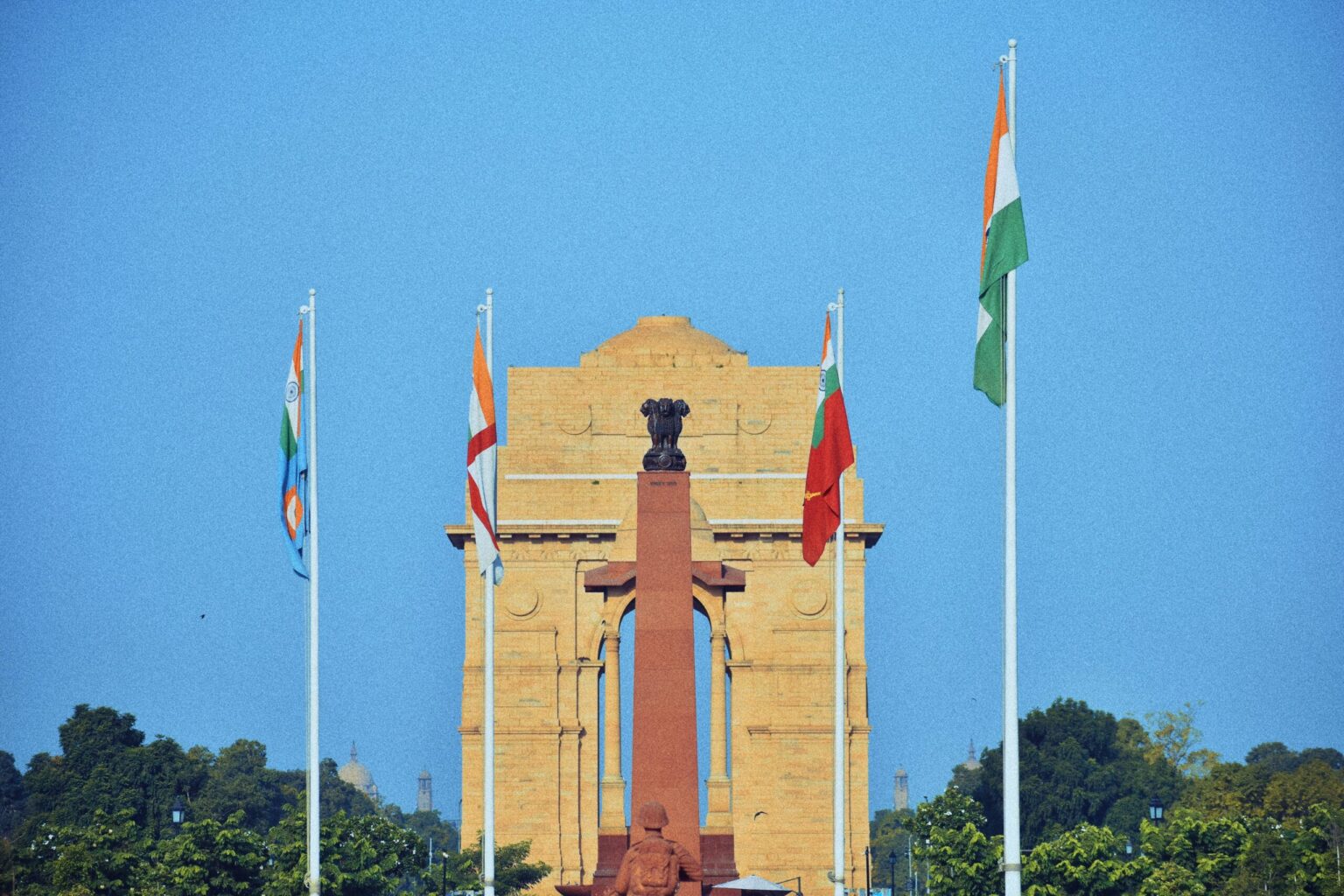A Historic Gathering in India
The 18th G20 Summit, held in New Delhi, India, from September 8 to 10, 2023, brought together leaders from the world’s major economies to address some of the most pressing global challenges. This summit marked a pivotal moment in the history of the G20, especially with the inclusion of the African Union (AU) as a permanent member of the group. This decision was a significant step toward recognizing Africa’s growing economic and geopolitical importance, highlighting the continent’s vital role on the world stage.
Chaired by Indian Prime Minister Narendra Modi, the summit focused on several critical areas, including global economic recovery, climate change, and the reform of international institutions to better align with the current global landscape. With the world still grappling with the consequences of the COVID-19 pandemic, leaders discussed post-pandemic economic recovery, trade imbalances, global health challenges, and financial crises, all of which continue to shape the global economy.
Key Areas of Focus: Climate, Economy, and Multilateralism
One of the primary focuses of the summit was sustainable development and the global transition to renewable energy sources. Leaders emphasized the urgency of accelerating efforts to combat climate change and meet the targets outlined in the Paris Agreement. A major announcement was the G20’s commitment to supporting climate goals and pushing for the transition to clean energy. Despite this consensus, the issue of providing adequate funding for climate change mitigation and adaptation in developing countries remained a contentious issue, with debates around equitable financing.
Economic recovery and addressing the global financial crisis were also high on the agenda. The summit recognized the uneven recovery from the pandemic, with many developing nations still struggling to regain their economic footing. The leaders called for greater international cooperation and reforms to global financial institutions to better address these disparities. This included improving access to vaccines, supporting global trade, and ensuring that no country is left behind in the path toward recovery.
A Historic Moment for Africa
A landmark decision at the summit was the inclusion of the African Union (AU) as a permanent member of the G20. This historic move recognized Africa’s growing economic potential and its increasing influence on global issues such as climate change, food security, and peace and security. The decision was hailed as a long-overdue acknowledgment of Africa’s critical role in global governance and development. By welcoming the AU into the G20, the international community signaled its commitment to more inclusive global governance that better reflects the geopolitical realities of the 21st century.
This inclusion is also seen as a step toward addressing Africa’s challenges more effectively by giving the continent a direct voice in shaping global economic and political policies. Africa’s participation in the G20 is expected to strengthen its position in international discussions and facilitate collaboration on key issues, such as sustainable development, infrastructure, and trade.
New Delhi Declaration: A Commitment to Global Cooperation
The summit concluded with the adoption of the New Delhi Declaration, which underscored the importance of multilateralism, global cooperation, and inclusive growth. Despite some disagreements on specific policy issues, the declaration emphasized the need for greater collaboration across borders to tackle the interconnected challenges of climate change, economic inequality, and geopolitical instability. The leaders reaffirmed their commitment to upholding the principles of the United Nations and working together to achieve global peace and security.
The declaration also highlighted the importance of digital transformation and technology in addressing global challenges, particularly in areas such as healthcare, education, and the economy. The G20 leaders committed to creating a more equitable and inclusive global economy, ensuring that future growth benefits all nations, particularly those in the Global South.
Looking Ahead: The Future of Global Cooperation
The G20 Summit in New Delhi marked a significant step forward in global cooperation, especially with the inclusion of the African Union, which will no doubt shape the future direction of the group. While some disagreements remained on key issues such as climate funding and economic reforms, the summit successfully reinforced the G20’s role as a critical platform for addressing global economic and environmental challenges. As the world continues to navigate complex issues, the commitment to multilateralism and inclusive growth remains a cornerstone of the G20’s agenda.
